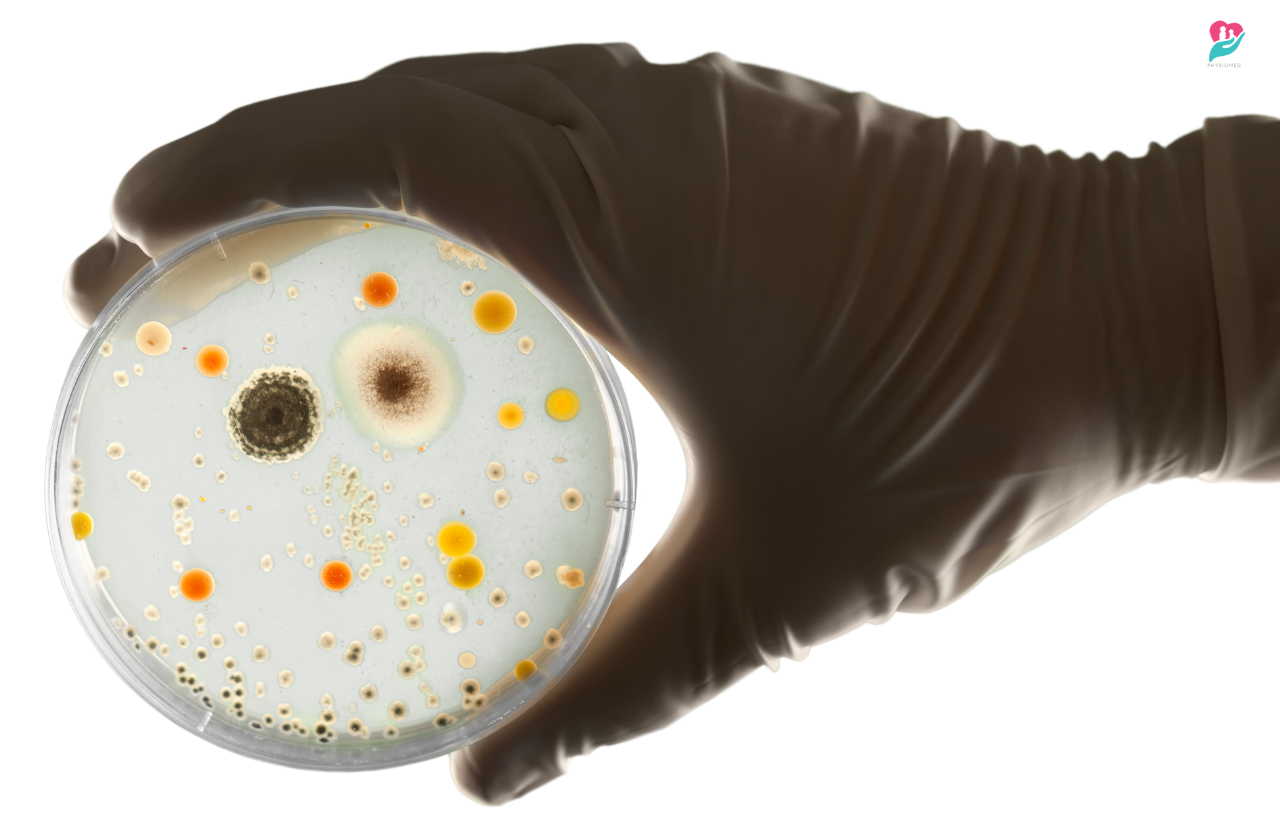Taking care of your teeth and gums is important to keep bacteria levels down and avoid dental problems like tooth loss, bad breath, and gum disease. In this article, we’ll talk about a few good ways to kill bacteria in your mouth and keep your teeth clean. By using these tips, you can cut down on the number of harmful bacteria in your mouth and improve your general oral health.
How to kill bacteria in the Mouth: The Effective Seven Ways
The human mouth is home to millions of good and bad bacteria. While some bacteria benefit oral health, others can cause dental problems, such as tooth decay, bad breath, and gum disease. Maintaining good oral health is essential to keeping bacteria levels in check. Here we have discussed several ways to kill bacteria in the mouth and maintain healthy oral hygiene.
Brush and floss regularly
The most effective way to remove bacteria from the mouth is to brush and floss regularly. Flossing once per day and brushing twice per day can help remove plaque, food particles, and bacteria from the teeth and gums. It is recommended to use a toothbrush with soft bristles and fluoride toothpaste. Flossing can also remove bacteria from regions that a toothbrush cannot reach.
Use an antimicrobial mouthwash
Mouthwash containing antimicrobial agents can help kill bacteria in the mouth. These agents can reduce the number of bacteria in the mouth, prevent plaque buildup, and freshen your breath. It is vital to note that mouthwash shouldn’t be used as a replacement for brushing and flossing but rather as a supplement to excellent oral hygiene.
Maintain a healthy diet
Our foods can significantly impact oral health. A diet high in sugar and carbohydrates can promote the growth of harmful bacteria in the mouth, leading to tooth decay and gum disease. On the other hand, eating many fruits, veggies, and lean proteins can help keep your teeth healthy and lower your risk of dental problems. Additionally, drinking plenty of water can help rinse bacteria and food particles from the mouth.
Chew sugar-free gum
Chewing sugar-free gum can stimulate salivation, aiding in rinsing the mouth of bacteria and neutralizing oral acidity. Saliva contains enzymes that aid in the breakdown of food particles and the neutralization of acid, thereby reducing the risk of tooth caries.
Quit smoking
Smoking can have a significant impact on oral health. It can cause bad breath, oral cancer, stain teeth, and increase the risk of gum disease. Quitting smoking can help lower the number of harmful bacteria in the mouth and improve general oral health.
Visit the dentist regularly
Regular dental checkups and cleanings can help remove plaque and bacteria from the teeth and gums. A dentist can also identify and treat dental problems before they become more severe. It will be better to visit the dentist every six months for a checkup and cleaning.
Consider using a tongue scraper
The tongue can harbour bacteria that can cause bad breath and other dental problems. A tongue scraper can help remove bacteria and debris from the tongue’s surface, providing better dental hygiene.
What kills bacteria in the mouth naturally: The Effective Seven Ways
There are millions of bacteria, both good and bad, in the mouth. Some bacteria are good for your mouth’s health, but others can cause bad breath, tooth decay, and gum disease. The best way to keep bacteria in check is to take care of your mouth, but there are also natural ways to kill bacteria in the mouth. Here are some ways that work:
Oil pulling
An old Ayurvedic practice involves swishing a tablespoon of oil (like coconut or sesame oil) in your mouth for 10 to 20 minutes and then spitting it out. Oil pulling can help get rid of bad germs in the mouth and slow the buildup of plaque.
Saltwater rinses
Using warm water and salt to rinse your mouth can help kill germs and reduce swelling. Mix 1/2 teaspoon of salt with 1 cup of warm water and swish it around your mouth for 30 seconds before spitting it out.
Garlic
Garlic has a chemical called allicin in it that kills germs. Raw garlic can kill germs in the mouth if you chew on a small clove, but it also leaves a strong smell.
Tea tree oil
It is an essential oil that can be used as a natural cleanser because it can kill germs and fight fungi. Add a few drops of tea tree oil to a cup of warm water and swish it in your mouth for 30 seconds before spitting it out.
Cranberries
Proanthocyanins in cranberries keep germs from sticking to the teeth and gums. Eating fresh cranberries or drinking cranberry juice can kill bacteria in the mouth. This can help prevent dental problems.
Probiotics
Eating foods like yoghurt and kefir that have probiotics in them can help keep your mouth healthy by keeping the bacteria in your mouth in balance. Probiotics can also help make your breath smell better.
Vitamin C
This important vitamin can help your defense system and keep gum disease from happening. Oranges, strawberries, and kiwi, which are all high in vitamin C, can help kill bacteria in the mouth and keep gums healthy.
Final Words
In conclusion, maintaining good oral hygiene is essential for killing bacteria in the mouth and preventing dental problems. Brushing and flossing regularly, using an antimicrobial mouthwash, maintaining a healthy diet, chewing sugar-free gum, quitting smoking, visiting the dentist regularly, and using a tongue scraper can all help reduce the harmful bacteria in the mouth and promote better oral health. If you have any concerns about your oral health, it is essential to consult with a dentist or healthcare professional for personalized recommendations and treatment options.

